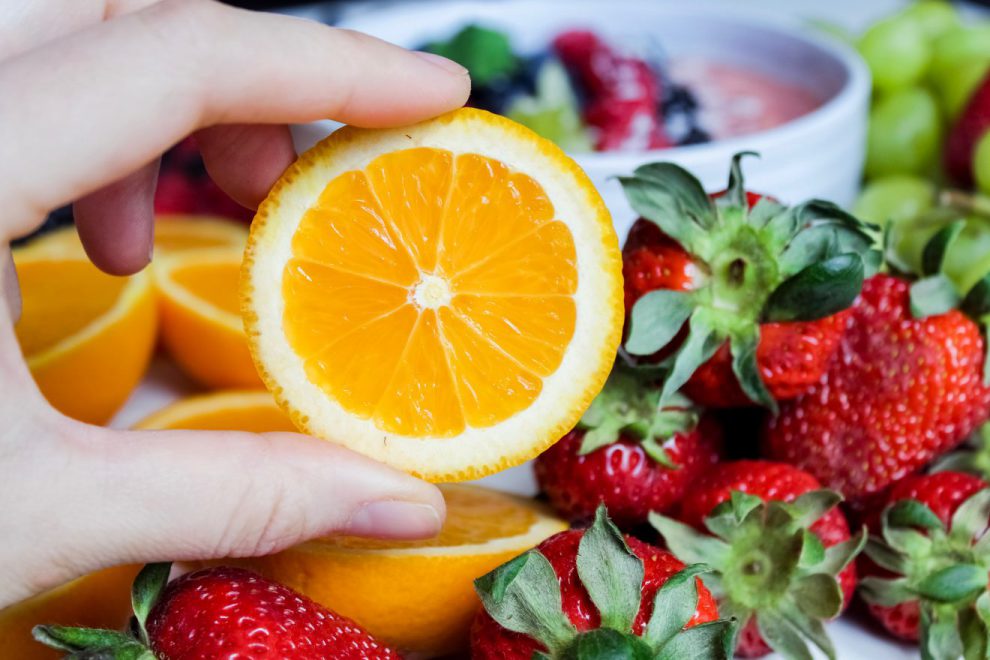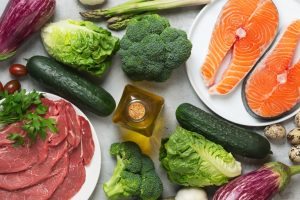Vitamin C is one of the best known vitamins in the world. We associate it with the immune system and citrus fruit. But is it actually true? Let’s take a closer look at this vitamin as it has a lot to offer to all of us!
What is vitamin C?
It is L-ascorbic acid, a polyol chemical compound. It is produced by plants and some animals, but the human body doesn’t produce the nutrient at all. In consequence, the compound has to be obtained from food or supplements as the vitamin is essential for the proper functioning of us all. According to nutrition experts, the average daily requirement for ascorbic acid is 40-50 mg for children, 75 mg for women, and 90 mg for men.
Properties
The vitamin takes part in many processes that are essential for proper bodily functions. Additionally, it is an antioxidant which slows aging; the skin remains youthful, and wrinkles appear slower. The vitamin also lowers the risk of chronic diseases and cancer. Ascorbic acid strengthens teeth, gums, joints, and muscle. It accelerates cell recovery which results in faster wound healing and bone fusion. Moreover, the vitamin supports the functioning of the cardiovascular system, tightens and strengthens blood vessels, which prevents hemorrhages. For instance, the vitamin is used to treat hypertension. What’s more, the vitamin supports iron absorption and takes part in the process of red blood cell production.
MYTH!
Speaking of the vitamin’s properties, we should mention that it is considered to be a medicine for the common cold. This is a myth. Scientific research proves that ascorbic acid has no influence on the course of the cold; the nutrient neither shortens the disease nor reduces its symptoms.
Deficiency symptoms
- Iron deficiency anemia
- Bone and cartilage impairment
- Suppressed appetite
- Proneness to bruising
- Gum bleeding
- Muscle and joint pain
Overdose symptoms
- Stomach ache
- Nausea and vomiting
- Diarrhea
- Skin rash
- Kidney problems
Sources
Its main sources include vegetables and fruit. The highest content of the nutrient can be found in dog rose fruit, black currants, bell pepper, brussels sprouts, and broccoli. Moderate vitamin C content, on the other hand, is found in strawberries, oranges, cabbage, sauerkraut, kiwis, plums, and lemons.
Ascorbic acid is very sensitive to light, air, and high temperatures. In order to obtain optimal amounts of the nutrient from your food, you need to:
- eat raw foods;
- opt for fresh vegetables and fruit (their vitamin c content is the highest);
- use stainless steel utensils, rusting iron accelerates the vitamin’s breakdown;
- peel your vegetables and fruit finely.
Vitamin C is essential for your body so you should remember about it and consume it daily regardless of the season!















Add Comment